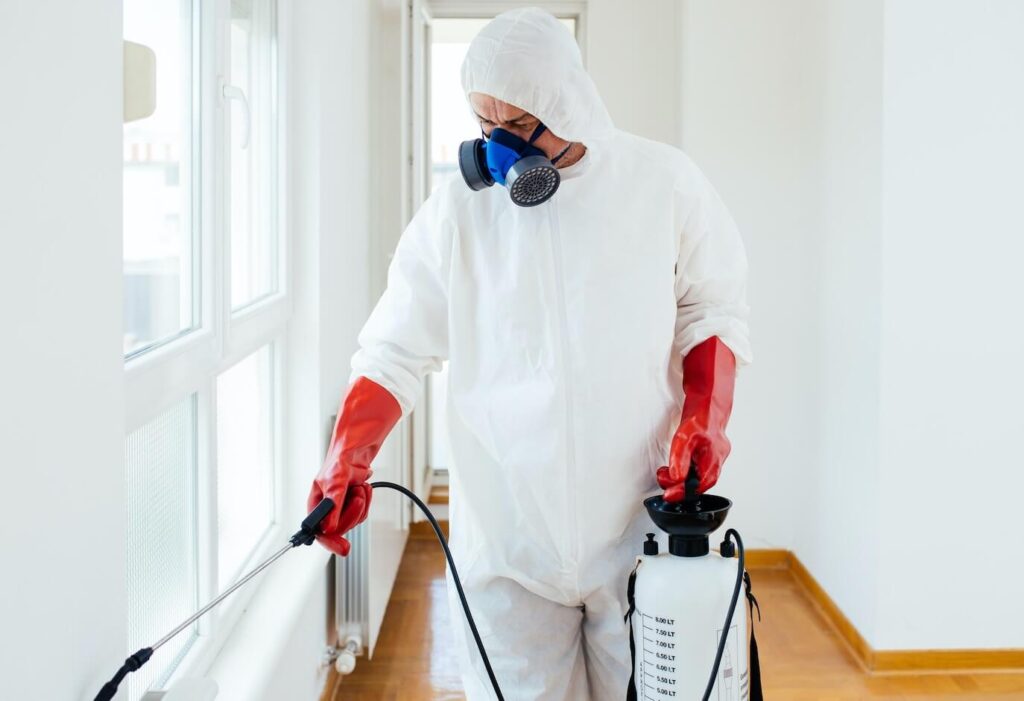When it comes to uninvited guests in your home, few are as disruptive and as universally dreaded as rodents. Whether it’s the pitter-patter of tiny feet above your ceiling, the gnaw marks on your furniture, or the disconcerting sight of droppings in your pantry, the signs of a rodent infestation are hard to ignore.
Rodents not only jeopardise the structural integrity of your house, but they can also pose serious health risks to you and your family. So, how do you keep these furry foes at bay? The approach to rodent control is manifold and involves an intricate combination of preventative and proactive measures. From easy home fixes to full service residential pest control, let’s explore how you can create a fortress against rodents that stands the test of time.

The Basics: Identification and Inspection
Before you even begin to think about setting traps or putting down bait, you need to know what you’re up against. Is it rats, mice, or perhaps another type of rodent? The type of rodent you’re dealing with will influence the strategy you adopt.
Next, inspect your home thoroughly to identify the entry points. Rodents can squeeze through incredibly small openings; mice can get through a hole the size of a dime, and rats can manage openings as small as a quarter.
Physical Barriers: Seal and Secure
The first line of defence in your multi-pronged strategy should be to prevent rodents from entering your home in the first place. Here’s how:
- Seal Holes: Use steel wool, caulk, or wire mesh to seal any small holes and cracks, particularly where pipes enter your home.
- Weather Stripping: Install weather stripping around windows and doors to eliminate gaps.
- Vent Screens: Place wire mesh over vents to stop rodents from making a convenient entry.
- Garage Door: Ensure your garage door seals properly, as rodents often enter homes through garages.
Cleanliness is Key
Rodents are attracted to readily available food and nesting materials – by keeping a clean home, you make your residence less appealing to them.
- Secure Food: Store food in airtight containers.
- Regular Cleaning: Sweep and vacuum frequently to ensure no crumbs are left behind.
- Declutter: The less clutter you have, the fewer places rodents have to hide.
Traps and Baits: A Calculated Offense
It may seem like the simplest solution, but the use of traps and baits should be well-calculated for maximum effectiveness.
- Snap Traps: Effective and humane for catching mice but require careful placement.
- Bait Stations: A good choice for rats; they can consume the poison and go back to their nests where they die.
- Glue Boards: These can catch younger, smaller rodents, but are generally not recommended for humane reasons.
Natural Deterrents: An Organic Approach
If you prefer a more natural approach, there are several methods that have been found to deter rodents.
- Peppermint Oil: Rats and mice dislike the smell of peppermint. Soak cotton balls and place them in problem areas.
- Cayenne Pepper: Sprinkle this around entry points as a natural repellent.
- Ultrasonic Devices: These emit a high-frequency sound that is unpleasant to rodents but inaudible to humans.
The Professional Touch: Full-Service Residential Pest Control
Sometimes, despite your best efforts, rodents manage to make themselves at home. In such cases, it’s best to rely on the expertise of full service residential pest control companies. Professionals not only remove the existing infestation but also identify and correct the underlying issues that made your home attractive to rodents in the first place.
Final Thoughts
A rodent-free home is not only possible but also essential for your peace of mind and well-being. By adopting a comprehensive strategy that blends prevention, active measures, and perhaps professional help if necessary, you can enjoy a home that’s a sanctuary, not a playground for pests.
So, roll up your sleeves and start implementing these measures today. With due diligence and the right support, you can successfully keep rodents at arm’s length. Good luck!

